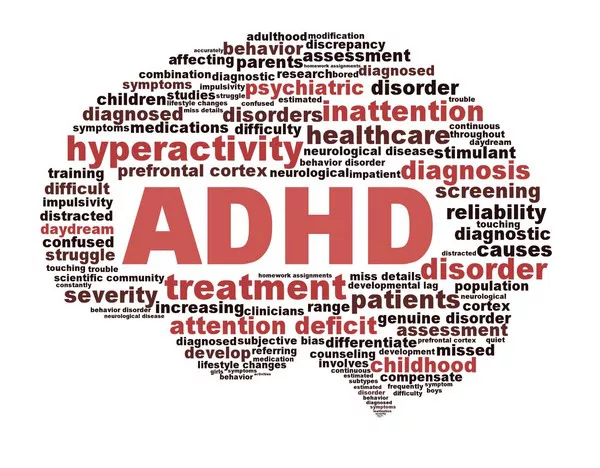A national survey by the University of Exeter has uncovered significant discrepancies in ADHD treatment, particularly highlighting challenges faced by young adults transitioning from pediatric to adult services. The MAP National Survey, which gathered insights from over 750 participants including healthcare professionals and individuals with ADHD, reveals that many young adults struggle to access appropriate treatment once they turn 18 due to ineffective linkage between children’s and adult services.
The survey points to problems with “shared care” agreements between GPs and mental health specialists, crucial for prescribing ADHD medication. Such agreements are often difficult to establish, and GPs may lack support or be hesitant to prescribe due to concerns about liability and insurance. Over 40% of respondents reported waiting times of two years or more for adult mental health services, leaving GPs with the responsibility for care without adequate support.
The survey highlights that this transitional gap disproportionately affects certain groups, including young women and those leaving care, exacerbating health inequalities. The findings come as NHS England announces a review and taskforce to address these issues. Dr. Anna Price from the University of Exeter emphasizes the need for a coordinated approach to ensure consistent ADHD treatment and better support for primary care professionals. The new Science of ADHD and Neurodevelopment collaboration aims to develop solutions such as digital interventions and standardized care agreement templates to improve outcomes for individuals with ADHD.


